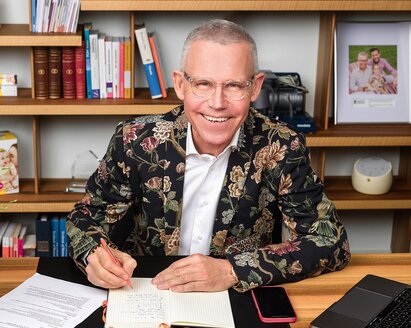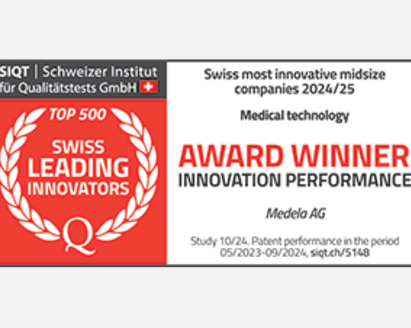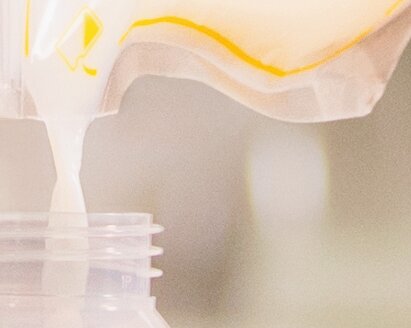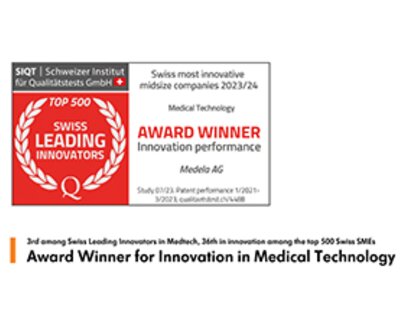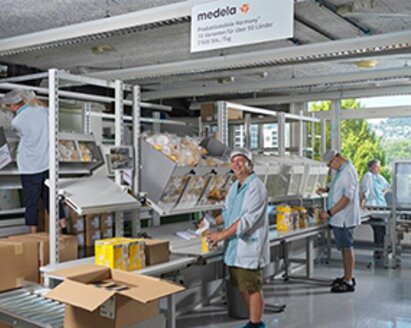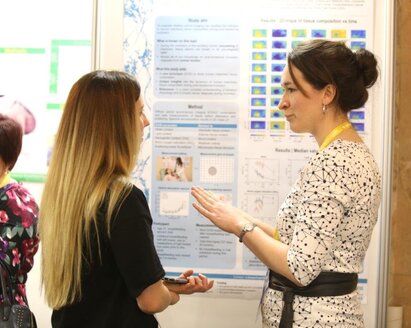
Advancing Research
Since 1961, Medela has partnered with experts to advance research and set standards for innovative products and practices. Learn more!
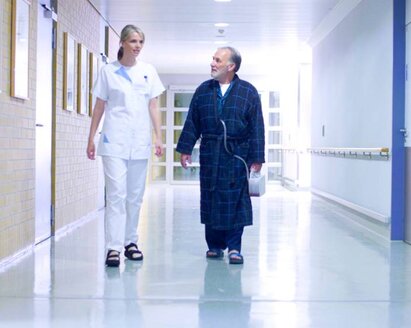
Observing Natural Behavior
Discover how Medela uses insights into natural behavior to innovate and support moms, babies, and healthcare professionals, nurturing life for generations.

Listening to Customers
Discover how Medela's customer insights drive innovation and enhance support for families and healthcare professionals. Learn more!

People
Discover how Medela champions diversity, equity, and inclusion, and supports human rights. Learn about our commitment to our people and their growth.
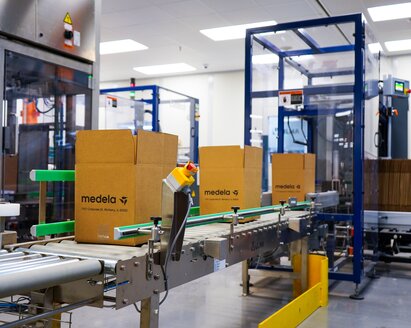
Planet
Medela is committed to sustainability, targeting 50% renewable energy and reducing packaging waste. Learn more about our environmental goals.
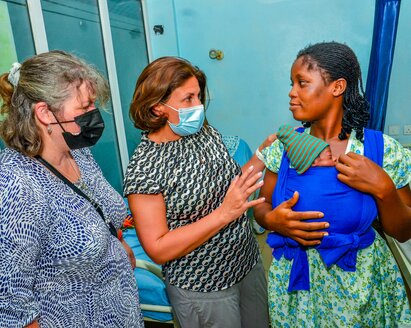
Society
We are committed to supporting parents along their journey – increasing access to breast milk feeding resources, education and products.

People
Discover how Medela champions diversity, equity, and inclusion, and supports human rights. Learn about our commitment to our people and their growth.

Planet
Medela is committed to sustainability, targeting 50% renewable energy and reducing packaging waste. Learn more about our environmental goals.

Society
We are committed to supporting parents along their journey – increasing access to breast milk feeding resources, education and products.

Advancing Research
Since 1961, Medela has partnered with experts to advance research and set standards for innovative products and practices. Learn more!

Observing Natural Behavior
Discover how Medela uses insights into natural behavior to innovate and support moms, babies, and healthcare professionals, nurturing life for generations.

Listening to Customers
Discover how Medela's customer insights drive innovation and enhance support for families and healthcare professionals. Learn more!

